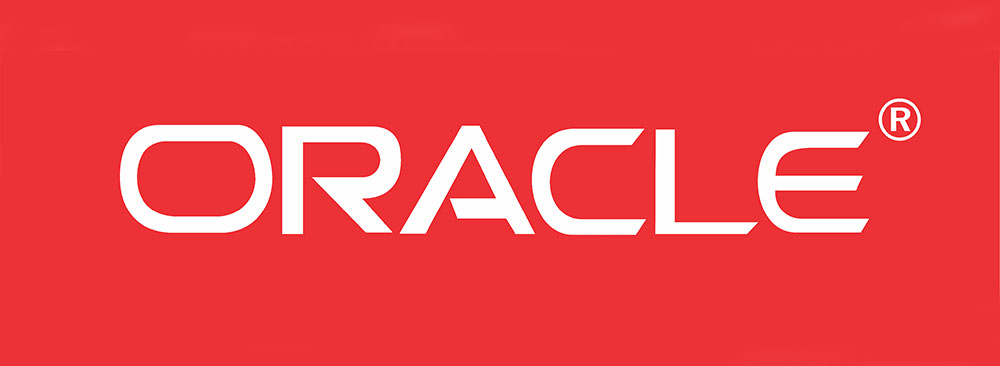
Oracle (SQL & PLSQL) Training in Gwalior
Affy Informatics offers the ORACLE training which provides opportunities for getting jobs. The highly proficient trainers at the Institute deliver proper training on this course which assists the students in this arena and they are able to achieve a successful position in IT industry.
This Oracle training course is designed for consultants new to writing SQL queries with Oracle. The SQL learned in this course is standard to all modern databases, but Oracle will be used in class and syntax and functionality specific to Oracle will be pointed out.
SQL stands for Structured Query Language. It is functionality complete, i.e., through SQL we can insert, manipulate, update, delete data in a database. Without the knowledge of SQL a database administrator cannot administer a database. It is the used as the query language of all the databases in the world.
PL/SQL is Oracle's extension language for standard SQL.In this PL/SQL training class, consultants who already know SQL, learn to use PL/SQL to write sophisticated queries against an Oracle database.
PL/SQL is the procedural extension of the SQL language. It has the branching and grouping concept. It also consists of exception, which is used in fourth-generation languages. Using Pl/SQL, we can performs more than one operation on a database at a time, increasing the scalability of a database.
ORACLE Training Syllabus
SQL Training Syllabus
- RDBMS
-
- What is RDBMS?
- Terminology Used
- SQL Connection with RDBMS
- Introduction
-
- What is SQL?
- Advantages of SQL
- Way of Writing SQL
- SQL Statements
- Functions
-
- Single Row Functions
- Character Functions
- Number Functions
- Date Functions
- Conversion Functions
- General Functions
- Multiple Row Functions
- Group Function
- SQL SELECT Statements
-
- Selecting All Columns
- Selecting Specific Columns
- Column Alias
- Concatenation Operator
- Arithmetic Operators
- Comparison Conditions
- Logical Conditions
- ORDER BY Clause
- Subquery
-
- What is Subquery?
- Types of Subquery
- Group Function
- Having Clause
- Joins
-
- Equijoins
- Non-Equijoins
- Self Joins
- Left Outer Joins
- Right Outer Joins
- Full Outer Joins
- Cross Joins
- Natural Joins
- Data Definition Language
-
- Create
- Alter
- Drop
- Rename
- Truncate
- Data Manipulation Language
-
- Insert
- Update
- Delete
- Merge
- Data Control Language
-
- Grant
- Revoke
- Transaction Control
-
- Commit
- Rollback
- Savepoint
- Other Concepts
-
- Sequence
- View
- Index
- Synonyms
- Constraints
-
- Not Null
- Unique Key
- Primary Key
- Foreign Key
- Check
- Dropping a Constraint
- Enabling Disabling
PL SQL Training Syllabus
- Programming Introduction
-
- Variables
- Identifiers
- Comment
- PL/SQL Introduction
-
- Advantages of PL/SQL
- Difference between SQL and PL/SQL
- PL/SQL Block Structure
- IF Statements
-
- Simple IF Statements
- Compound IF Statements
- IF-THEN-ELSE Statements
- DML Operations Using PL/SQL
-
- Insert
- Update
- Delete
- Merge
- Cursor
-
- Types of Cursor
- Explicit Cursor Life Cycle
- Explicit Cursor Attributes
- Loop
-
- Basic Loops
- WHILE Loops
- FOR Loops
- Exceptions
-
- Block Structure
- Exception Handlers
- Types of Exceptions
- Records
-
- Table-Based
- Cursor-Based
- Programmer-Defined
- Data Control Language
-
- Grant
- Revoke
- Transaction Control
-
- Commit
- Rollback
- Savepoint
- Functions
-
- How to Create Function?
- Function with Arguments
- Executing Function
- Dropping Function
- Procedures
-
- Subprograms
- Block Structure of Subprogram
- Types of Subprograms
- What is a Procedure?
- Procedure with Parameters
- Executing Procedures
- Dropping Procedures
- Trigger
-
- What is Trigger?
- Statement Trigger
- Row Trigger
- Using Conditional Operations
- DML Operations
- Packages
-
- Package Specification
- Package Body
- Creating Package
- Execution
- Dropping Package

